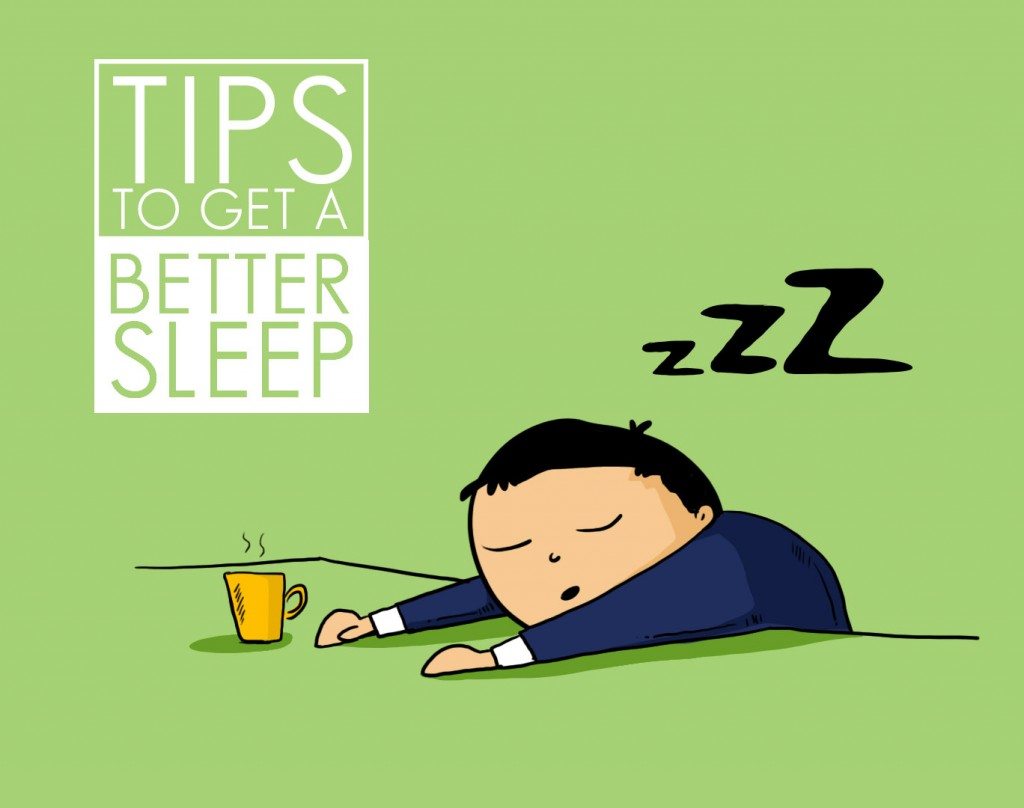
Links Between Depression and Sleep Problems
Studies show that millions of people suffer from depression and over 75% have a sleep disorder. Both conditions often go hand-in-hand and affect each other negatively.
Sleep disturbance is a frequent symptom of depression and has been shown to significantly increase your risk for suicidal thoughts or behaviors by 10 times, likely due to disrupted REM sleep and serotonin cycles.
Stress
Stress is the body's natural reaction to any threat - be it environmental or financial hardship - but if someone tends to interpret stressful situations negatively and remain exposed for an extended period, their brain may become overstimulated and symptoms of depression may emerge, including feelings of sadness or loss, changes in appetite and sleeping patterns, psychomotor retardation (slow reaction times), etc. Depression is a mental health condition which requires professional help for its treatment.
Stress reduction techniques such as regular exercise and healthy diet, limiting alcohol and drug consumption, prioritizing leisure activities and getting enough sleep may all be effective at breaking up depression-sleep cycles. Talk therapy may also help modify negative thought patterns or retrain biological stress responses to avoid depression's development.
Depression can make people withdraw from friends and family, so it is vitally important for them to seek support. Spending time with those they trust - either face-to-face, over the phone, video chat, or any other means - can help alleviate feelings of depression by reminding them others care for them. Furthermore, creating an empowering routine such as going to bed at the same time each night may reduce depression while increasing energy.
Anxiety
People are at increased risk for anxiety disorders if their family has already suffered from them or they share certain personality traits associated with anxiety disorders. Studies suggest that alcohol and drugs use may also contribute to this disorder as well as childhood trauma and abusive relationships being risk factors.
Physical health problems may also contribute to anxiety and depression. Living with heart disease or cancer can have serious repercussions for both body and mind, forcing you to adjust to changes in daily routine and deal with pain or other symptoms - something which can easily bring on feelings of isolation and despair.
If you suspect an anxiety disorder, seek professional treatment from either your GP or mental health provider immediately. Just as a broken arm won't heal on its own, anxiety should never be managed alone either. If stress has become an issue in your life, consult your GP about seeking assistance from therapists or psychiatrists, as well as joining support groups where others share similar conditions.
Physical Health
Depression affects more than just our minds; it can also have physical ramifications. One telltale symptom of depression is altering your sleep pattern; many with the condition often find difficulty sleeping or experience excessive daytime somnolence due to difficulties managing emotions and as such struggle with getting sufficient rest for normal brain functioning.
Studies show that those suffering from depression are 10 times more likely to suffer from insomnia compared to those without depression. Sleep loss has an enormously detrimental impact on our ability to regulate emotions and memory as well as its effect on serotonin and dopamine neurotransmitters which affect mood as well as increasing vulnerability for depression.
Sleep is essential to mental wellbeing. Aiming for eight hours each night can help ensure you're balanced and energized throughout the day, and the best way to achieve this goal is through setting an alarm at the same time each morning and going to bed and waking up at that same time every day. Exercise and healthy diet also play an essential role in keeping bodies fueled up properly for restorative restful sleep, while exposure to sunlight helps align our internal clock and circadian rhythms which promote better restful slumber.
Environment
As is widely acknowledged, poor sleep can have an enormous impact on one's emotional wellbeing and daily function. If you find that your sleep needs are going unmet, speak to a counselor or doctor and discuss your feelings; they may be able to determine if a depression disorder exists and recommend treatment options accordingly.
Depression and sleep issues frequently go hand-in-hand - poor sleeping can exacerbate depression while having depression increases your risk for difficulty sleeping. While it's impossible to know which came first, treatment must be sought immediately for both conditions in order to achieve lasting improvement.
Depression and sleep problems are manageable with therapy and lifestyle adjustments that work together effectively, such as regular exercise which has been found to enhance both mood and increase total amount of restful slumber. Exercising in the morning may help, as later exercise sessions could interfere with your ability to fall asleep at night.
Other ways to enhance sleep quality include limiting caffeine, alcohol, and nicotine intake which can interfere with normal sleeping cycles. Furthermore, practicing mindfulness or meditation before going to sleep is recommended in order to clear your mind and relax before sleep comes. Finally, exercising with friends is also helpful since working out together allows socialization while keeping each other motivated!








